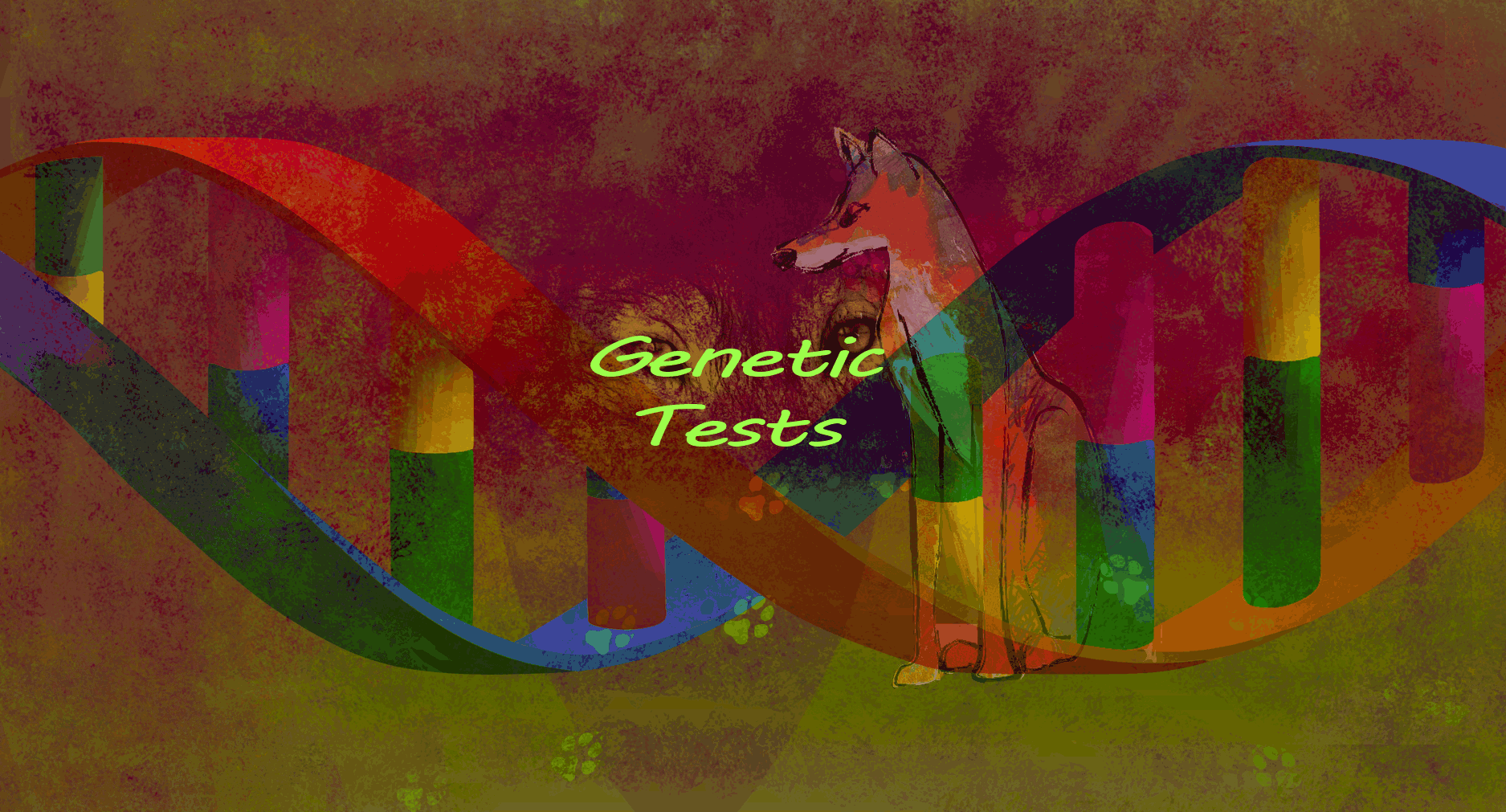
Canine DVL2 variant contributes to brachycephalic phenotype and caudal vertebral anomalies
Researchers discover new features of a gene defect that affects the length of the muzzle and caudal vertebrae in dogs
- Date:
- February 23, 2021
- Source:
- University of Helsinki
- Summary:
- A recent genetic study provides new information on the occurrence of a DVL2 gene defect associated with a screw tail and its relevance to canine constitution and health. The variant was found in several Bulldog and Pit Bull type breeds, and it was shown to result in caudal vertebral anomalies and shortening of the muzzle. The DLV2 variant may also affect the development of the heart.
Journal Reference:
- Julia E. Niskanen, Vilma Reunanen, Milla Salonen, Danika Bannasch, Anu K. Lappalainen, Hannes Lohi, Marjo K. Hytönen. Canine DVL2 variant contributes to brachycephalic phenotype and caudal vertebral anomalies. Human Genetics, 2021; DOI: 10.1007/s00439-021-02261-8
https://link.springer.com/article/10.1007/s00439-021-02261-8


Recommended Comments